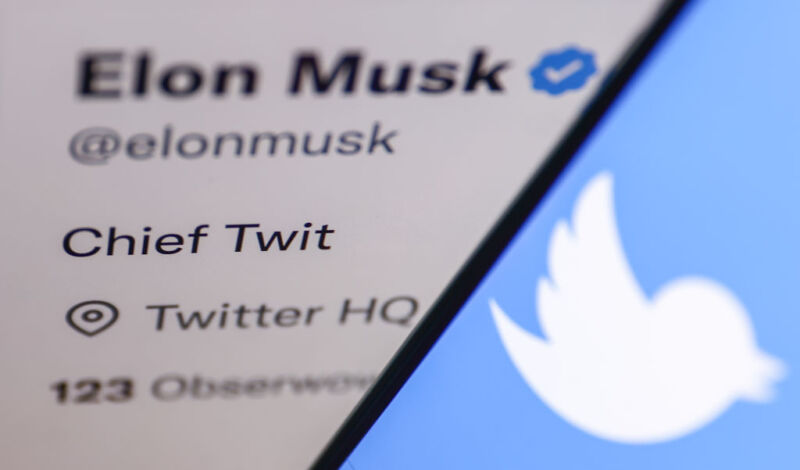Twitter mayhem, staff cuts have advertisers bailing on the platform
Twitter advertisers pausing ads over brand safety, cybersecurity concerns.

Advertisers pulling out of Twitter as the platform remains unstable under Elon Musk’s leadership have many reasons to be concerned about brand safety, Reuters reported.
Major brands pausing advertising include Audi of America, United Airlines, General Mills, General Motors, Volkswagen, Modelez International (which makes popular products like Oreos), and Omnicon (which manages advertising for brands like McDonalds and Apple). Beyond the damage of brand impersonations through the Twitter Blue paid verification scandal, spokespersons for these groups have pointed to increases in hate speech on the platform and cuts to Twitter support staff as most worrying.
“We felt there is a risk our advertising would appear next to the wrong messages," Mondelez CEO Dirk Van de Put told Reuters.
The owner of Hite Digital, a Miami ad agency that manages campaigns for major brands, Molly Lopez, confirmed to Ars that it’s not just brand safety that led her to direct all 18 of her clients to pause Twitter ad spending this morning. As Musk continues with layoffs and firings of Twitter staff, she’s also concerned about cybersecurity issues and lack of Twitter support, realizing that there’s likely fewer employees looking after common advertiser issues.
“I am very confident that bad actors, whether they be foreign or domestic, are absolutely looking to capitalize on the fact that one of the biggest technology companies in the world potentially has lost more than half of its current workforce overnight,” Lopez told Ars.
Lopez doesn’t think it’s safe right now for clients to store credit card information on Twitter. She's also worried that if there are any issues with ads—like if a brand overspends or misdelivers—there’s seemingly not a support staff available to quickly resolve campaign issues. Where previously, those kinds of issues might be resolved within a week, Lopez said that currently, sending an email to Twitter is like crying for help into a black hole. No response is expected, and after directing digital campaigns for brands for 12 years, Lopez told Ars that’s not a way for brands to comfortably do business.
“Things are spreading extremely quickly and without any of the former systems and checks and balances that were in place prior to the Musk takeover that gave brands at least a little bit of help in terms of combating misinformation and impersonation,” Lopez told Ars.
“The current situation is unpredictable and chaotic, and bad actors and unsafe behaviors can thrive in such an environment,” Interpublic Group, one of the largest advertising companies, wrote in an email to clients, according to The Wall Street Journal. “At this moment, we cannot confidently state that Twitter is a safe place for brands.”
Reuters reported that not every major brand is fleeing Twitter, though. L’Oreal denied reports that it had paused advertising, Gilead Sciences (an HIV drug maker) said it’s still running ads while monitoring the situation, and recently Musk’s company SpaceX just started advertising on Twitter.
Lopez told Ars that Twitter has been most beneficial to brands she has advised that have loyal, niche customer bases. She said that, while Twitter has seemingly become a chaotic place for all brands due to impersonation, the only brands who have historically experienced some sort of controversy seem to be most at risk of reputational damage. Other brands with less scandal in their pasts have less to worry about and likely fewer reasons to abandon the platform. At least one of the brands that Lopez manages, which she describes as a food and beverage brand hit hard by the Twitter fake account scandal, is considering pursuing legal action against Twitter.
As advertisers and ad agencies continue monitoring the Twitter chaos, Lopez has directed her clients that are pausing ad spends on Twitter to redirect those funds to some of Twitter’s most obvious competitors in the attention economy: Meta, TikTok, and Reddit. Earlier this year, CNBC predicted that's exactly what would happen if Musk took over.

.jpg)


No comments:
Post a Comment